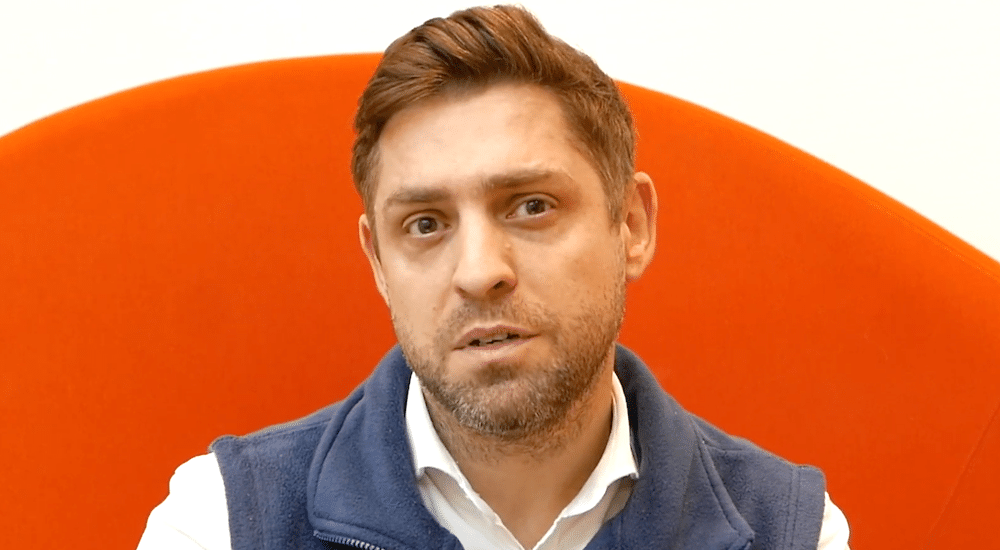Newly discovered Usher syndrome mutations may help confirm diagnoses of rare condition
deafblindness
A Moscow-based study has discovered several new mutations behind the rare Usher syndrome variety of deafblindness. Researchers say the finding can be useful in confirming diagnosis of the condition.

Usher syndrome is an inherited disorder responsible for almost half of all deafblindness cases, affecting from three to six people in every 100,000, although at a higher rate in the US of up to one in 6,000 children. The level of deafness varies in sufferers according to three types: innate profound deafness; milder hearing loss which does not degrade; and progressive loss of hearing. All are caused by genetic mutations, several of which were known about before this latest research at the Sechenov First Moscow State Medical University (MSMU).
Previously unstudied unique mutations were included in the results of the study, published in the journal,
Twenty-eight Russian patients were studied, a sample of 11 men and 17 women, aged 35-60, and of different racial origins. Mutations were found in different genes that code signal proteins with important roles in hearing function. Several of the mutations found had never before been described, concluded the study.
Prof. Dmitry Zaletaev, a chief research associate at the laboratory of Medical Genetics, Sechenov University, pointed out that the newly discovered mutations would not help in earlier recognition of the disease or in assessing higher probability, but he said they would be able to confirm diagnosis. “The search for new genetic variations associated with the syndrome may help identify new targets for specific therapy. However, this is not happening in the near future,” he added.
The MSMU team was joined in its research by scientists from India, and specialists from other Russian agencies. The work was carried out with the support of the So-Edinenie Deaf-Blind Support Foundation and Sensor-Tech Laboratory.
Source: EurekAlert!
 Sign in
Sign in

